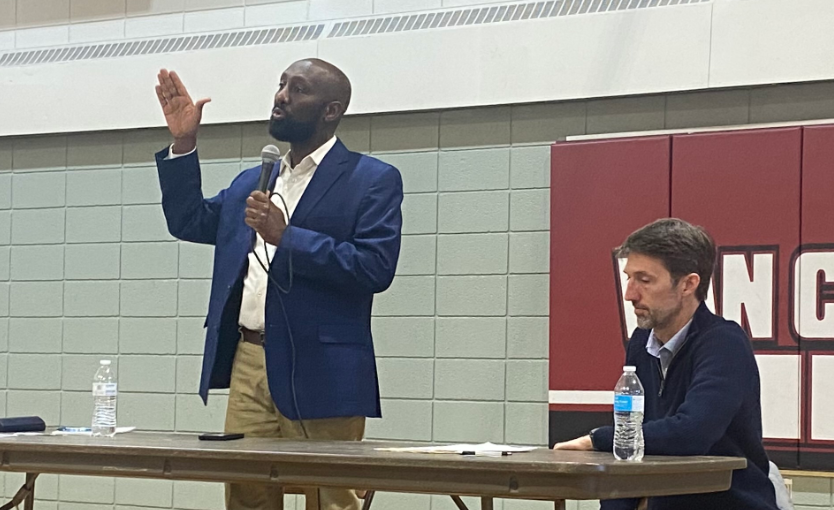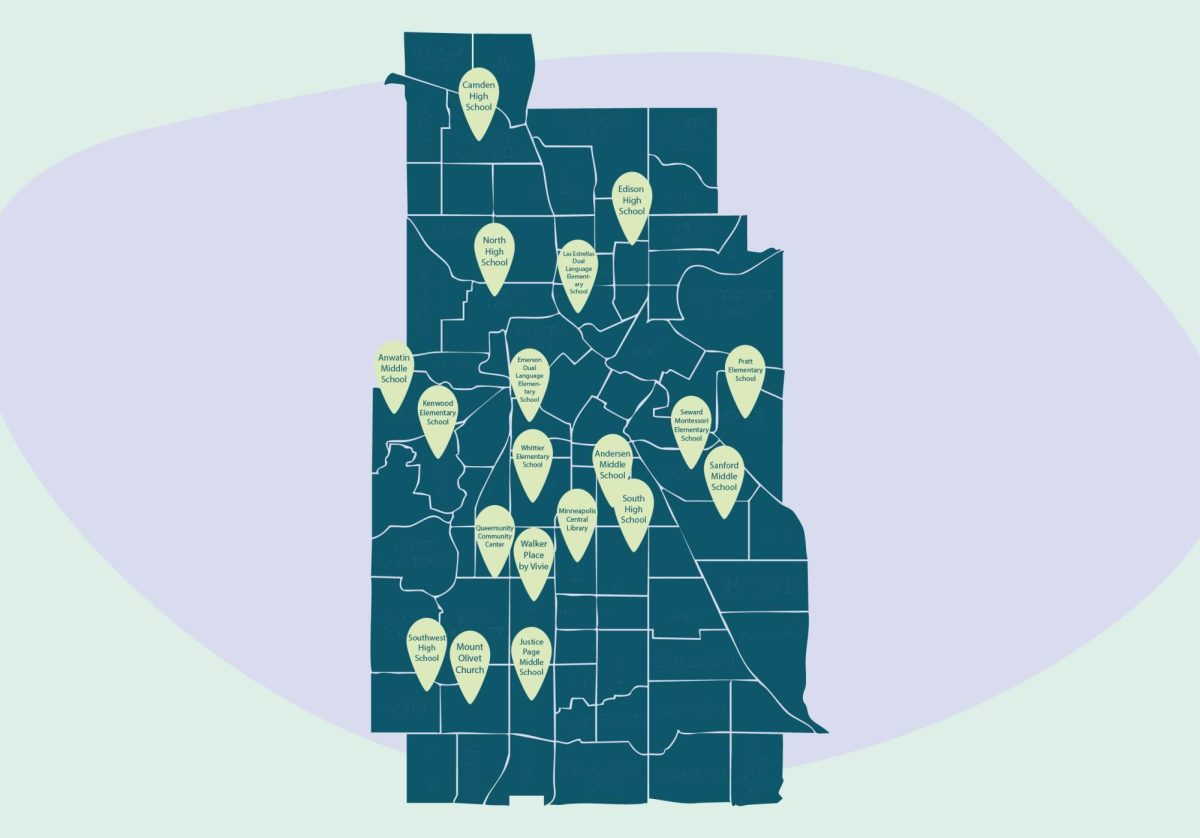As the Republican and DFL parties prepare for a split in the Minnesota Legislature, party leaders said at a joint panel they will prioritize bipartisanship and compromise in the upcoming legislative session.
In a panel Tuesday hosted by the Humphrey School at the University of Minnesota, DFL and Republican leaders previewed what Minnesotans should expect for the coming year, primarily concerning the state budget and navigating shifts in party control.
Rep. Melissa Hortman (DFL-Brooklyn Park), Rep. Lisa Demuth (R-Cold Spring), Sen. Jordan Rasmusson (R-Fergus Falls) and Sen. Erin Murphy (DFL-St. Paul) spoke at the panel.
After the 2024 election, Minnesota’s state government went from a DFL trifecta to a 67-67 split in the House, with the DFL holding the majority in the Senate by one seat.
Democratic Speaker of the House Hortman said with a closely divided legislature, it is important that the work done throughout the session is in the interests of Minnesotans.
“I think every single member of the legislature has a choice, whether they wanna be petty and small and personal and partisan, or whether they want to focus on the work that people of Minnesota sent us here to do,” Hortman said in the panel.
Republican Assistant Minority Leader Rasmusson said in the panel that voters “restored balance” to the legislature in the 2024 election, and everything that passes will have to be on a bipartisan basis.
“As it stands right now, there are 101 Democrats who are looking to show up on the first day of session and 100 Republicans,” Rasmusson said in the panel. “It’s virtually as close as it can get, in the legislature, and I think that is Minnesotans telling us that they expect us to work together.”
As the state gears up to pass another biennial budget, Republican House Minority Leader Demuth (R-Cold Spring) said in the panel that she is confident a bipartisan budget will pass on time.
While both sides agreed bipartisanship was needed, agreement on how to approach the budget was harder to reach.
It is projected that the state will have less money than originally thought for the next biennial budget. The initial $1.7 billion projected budget surplus fell to a $1.1 billion state budget surplus, budget officials said.
Limiting spending in the next budget would increase accountability for nonprofits that receive grants from the state government, Demuth said.
“When we also are looking at the amount that was spent, we have unaccountable nonprofits,” Demuth said in the panel. “Not saying that those things should be cut in any way, but there’s no accountability for over one billion dollars that was given out to nonprofits.”
Her Republican colleague Rasmusson agreed and said increasing oversight of nonprofits could prevent wasteful spending.
“I do think we have seen, whether it’s with Feeding Our Future or other high profile instances of waste, fraud and abuse, that we do have to have appropriate oversight on making sure that public dollars that are coming from taxpayers are wisely used,” Rasmusson said in the panel.
However, Hortman said people and organizations who take advantage of government grants through nonprofits are caught and brought to justice.
“It’s an absolute absurdity to suggest that there is no oversight when most of the people involved in the Feeding Our Future fraud are in prison right now,” Hortman said in the panel.
Going after nonprofits is not a budget solution, Hortman said. She added it risks the partnerships the state has built with some nonprofits that provide essential services, which without, would force the state to hire more employees to do those jobs.
“If we want more state employees doing this work instead of very effective nonprofits, that’d be an interesting new direction coming from Republicans,” Hortman said in the panel.














